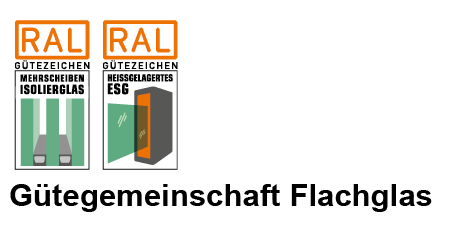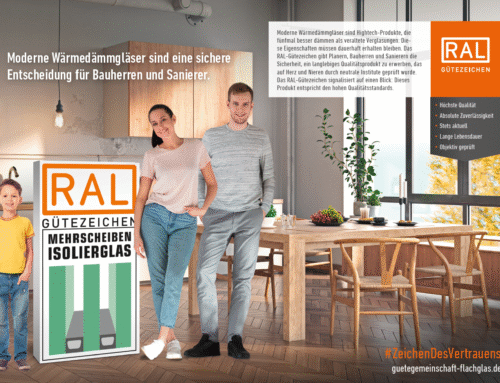On May 7 and 8, 2025, the flat glass industry gathered for the traditional Glass Congress in Dresden. Organized jointly by the Bundesverband Flachglas (BF – Federal Flat Glass Association) and the Gütegemeinschaft Flachglas (GGF – Flat Glass Quality Association), the congress once again provided a platform for intensive discussions, exciting presentations, and personal exchange for around 160 participants. The atmosphere was relaxed and open.
Looking at the current market situation, BF Chairman Hans-Joachim Arnold emphasized: “I believe and hope this event is important and relevant.” The past few years had been a “self-inflicted crisis”, 2024 was marked by uncertainty – and now even glass as a raw material is becoming scarce. Although the industry achieved good sales in the more economically stable years of 2023 and 2024, this was without high volumes – now impacting float glass manufacturers.
Despite these challenges, Arnold also sees light on the horizon: “We lacked clear political goals – but that seems to be changing for the better.” The new federal government has included glass and the glass industry in its coalition agreement and various funding programs, which he sees as a positive sign.
Arnold also noted that the association itself had to evolve: consolidations and the integration of companies into larger groups have left their mark.
This makes close cooperation with member companies all the more important. “I’m grateful for the strong participation in the working groups – all of it is voluntary and makes our association so valuable to its members.”
Furthermore, glass must increasingly be understood as a versatile building material that contributes significantly to architectural quality, energy efficiency, and above all, the sustainability of buildings.
During the association’s elections, Hans-Joachim Arnold was unanimously confirmed as BF Chairman. Hannes Spiss was also re-elected to the extended board for another term.
Top-Class Lectures and Fresh Impulses
The program focused on current challenges and opportunities in the industry: from digitalization and sustainability to new products (bird protection glass) and manufacturing methods (thin triple glazing).
Men Who Burn the World
Prof. Dr. Christian Stöcker, cognitive psychologist and expert in digital communication at HAW Hamburg, sparked deep reflection with his keynote – based on his book “Men Who Burn the World.”
His compelling presentation was a powerful call to responsibility in times of digital and ecological upheaval. It clearly highlighted who is slowing down progress on environmental and sustainability efforts: the corporations in the oil and gas industry. These have been investing immense sums of money and lobbying for decades to stall the energy transition.
It was shocking to hear how much money is being spent globally to hinder progress – especially by industries that are heavily subsidized by governments while at the same time claiming that alternative energies receive too many subsidies.
Exciting New Products Introduced
A technical highlight came from Uwe Risle, Head of Product Management for Insulating Glass at Glaston, who presented the new “Ultra TPS” manufacturing solution for triple-glazed TPS insulating units using an ultra-thin central pane (0.5 mm).
This innovative design significantly reduces the weight and size of the insulating glass unit.
Thanks to a special embedding process, the fully automated production line can handle even delicate thin glass safely and efficiently.
In addition, the system is highly flexible – allowing the production of both standard triple glazing and even quadruple glazing, making the process more material-efficient and CO₂-optimized. More details will be available in the exclusive GW feature in the June issue of GW glaswelt.
Another highlight came from Matthias Haller (Eastman), who introduced “NightBlind”, the world’s first bird protection glass that is effective both during the day and at night – marking another breakthrough in bird safety.
New Sustainability Award
For the first time, the BF Sustainability Award for the flat glass industry was presented at the congress – recognizing projects that contribute to CO₂ reduction, resource conservation, or climate neutrality. The award ceremony took place at the end of the first day.
The winners were:
-
Glasvertrieb G&J GmbH – “Green Transformation in Industry”
-
ReViSalt GmbH – “Glass 2.0” – rapid chemical strengthening
-
Robert Bürkle GmbH – “Sustainable Glass Lamination”
-
AGC Glass Europe – “Low-Carbon Glass”
The award ceremony highlighted how sustainable approaches are increasingly central to product development and implementation.
Special thanks to Matthias Rehberger, GW glaswelt






